Our Story
Hey 👋 I’m Ben, founder of Eat AncestraI
I’ve gone from struggling with my own health, to helping hundreds transform their lives with a system that works for all humans.
Left: 14kg / 30lb down, but still struggling.
Right: Working with my biology, instead of fighting against it.
My Personal Journey
I was always the chubby kid. Despite following all the ‘rules’; keeping active and eating the Food Pyramid, nothing seemed to work.
When I arrived at university, I got serious about my health and wellbeing, spending more time training and diving deep into human nutrition and physiology.
My stubborn determination to find answers led me to:
Question conventional wisdom
Experiment with different approaches
Discover fundamental truths about human health
Realise that most of our problems are not genetic
Finally align my lifestyle with my biological needs and expectations
The result?
Getting lean and staying in shape became effortless once I stopped fighting against my physiology. I was finally working with my body, not against it. I turned my attention to helping others do the same.
My Professional Journey
After getting myself into reasonable shape, I started working as a Personal Trainer, and Strength and Conditioning coach.
Although I helped many people, I realised that gym memberships and exercise programs only get people so far towards their goals. They were just treading water. I had no control over what my clients did outside of our training sessions.
If I really wanted to make a difference, I needed a more complete approach.
A Systems Approach to Health
Over time, I identified key pillars that most people overlook:
🌬️ Air Quality: Impacts of air pollution and how to improve indoor air quality.
💧 Water Quality: Tools and strategies for sourcing and filtering water.
🥩 Food Quality: Nutrient-dense, species-appropriate nutrition.
🏃♂️ Movement: Natural, functional, purposeful and play.
🌿 Nature Exposure: Sunlight, earthing, and microbiome diversity.
😌 Rest & Recovery: Leveraging our regenerative ability, aligning with our natural cycles.
🧘♂️ Stress Management: Building resilience through mindfulness, breathing practices, and philosophical wisdom.
After years studying biology, physiology, and traditional medicine systems, i've created a unique framework that brings ancient wisdom into the modern world.
Why Ancestral?
Primitive, hunter-gatherer societies were much healthier than we are today. Chronic disease used to be extremely rare. Nowadays, 2 out of 3 adults are overweight or obese, and ~6 out of 10 people are suffering from chronic disease! Chronic disease accounts for the vast majority of healthcare spending, and most of it is entirely preventable via basic nutritional, lifestyle and environmental adjustments.
Modern living has disconnected us from our biological needs and expectations.
My mission is to help you:
Decode your body's ancient systems
Restore natural function and build lasting resilience
Protect yourself from (preventable) chronic disease
Create a legacy of health for future generations
A Bit More About Me
I’m originally from Queensland, Australia, now based in London, England.
When I'm not reading, writing or working with clients, you'll find me training jiu jitsu, cooking at home, or wandering around barefoot at the local park.
Your Path to Health Starts Here
Whether you're:
Struggling with ongoing health challenges
Looking to optimise your performance
Wanting to build generational health
Ready to finally take control of your wellbeing
We can help you move in the right direction.













